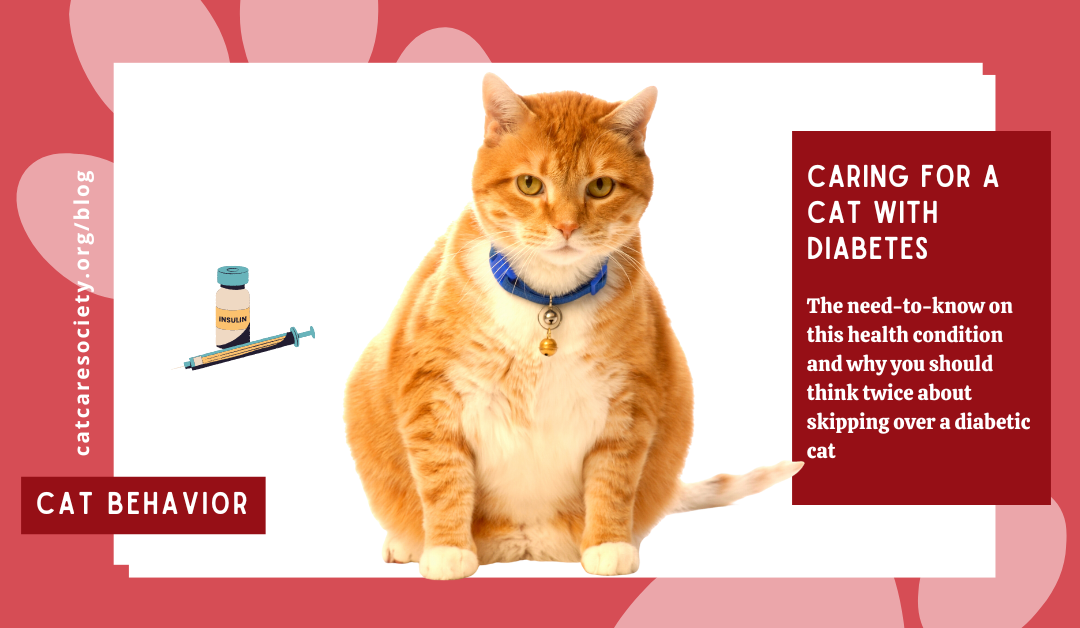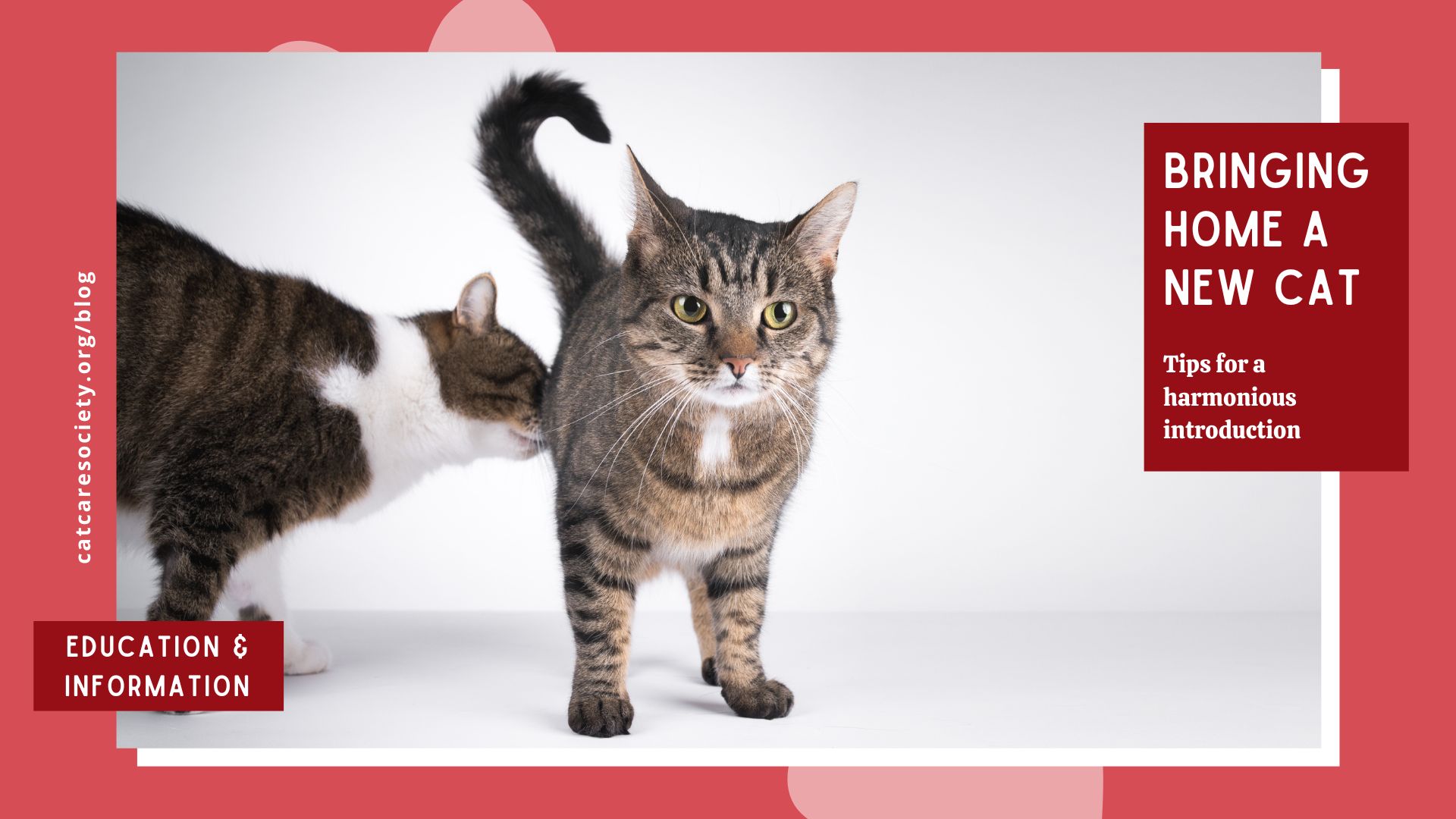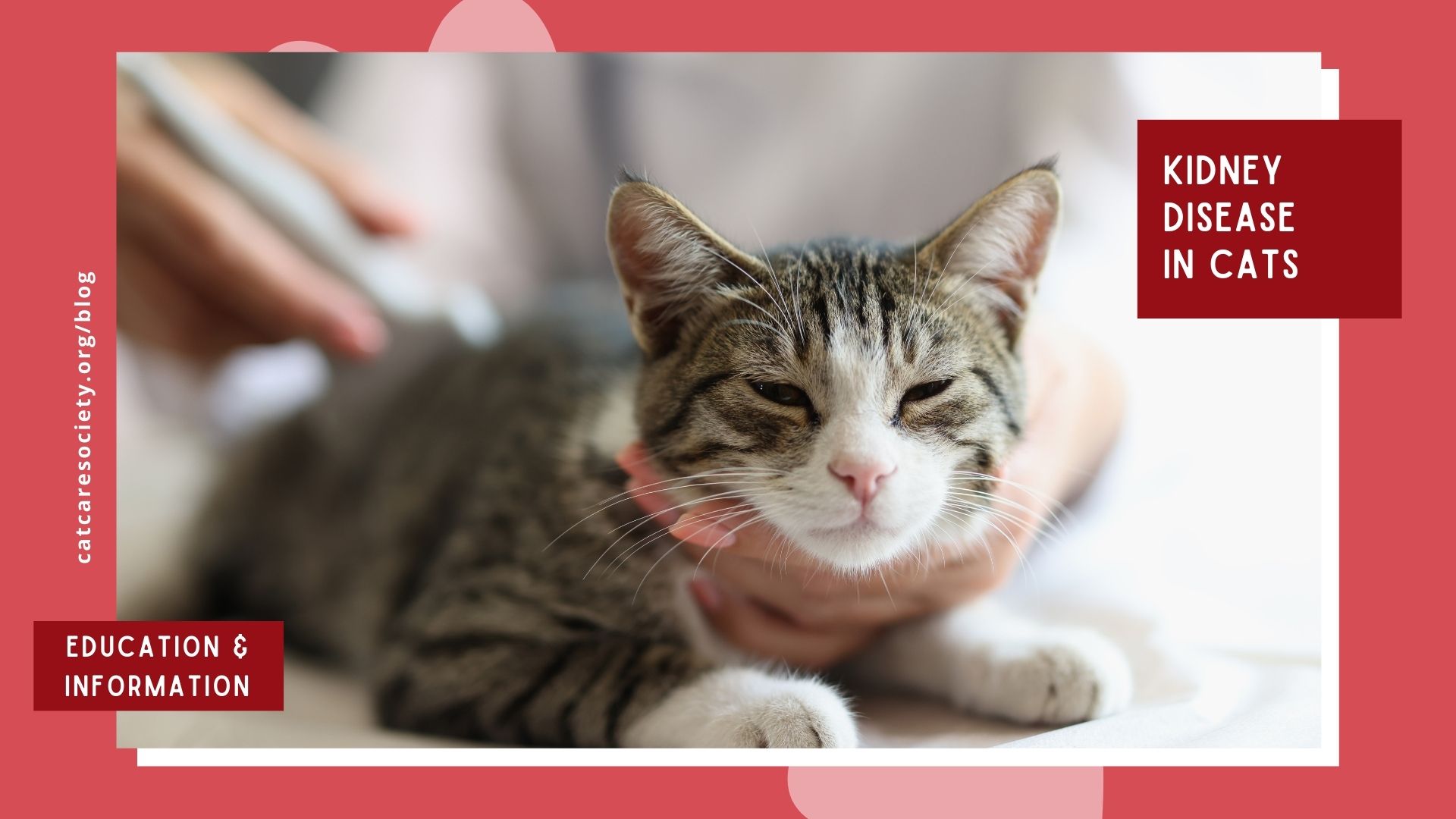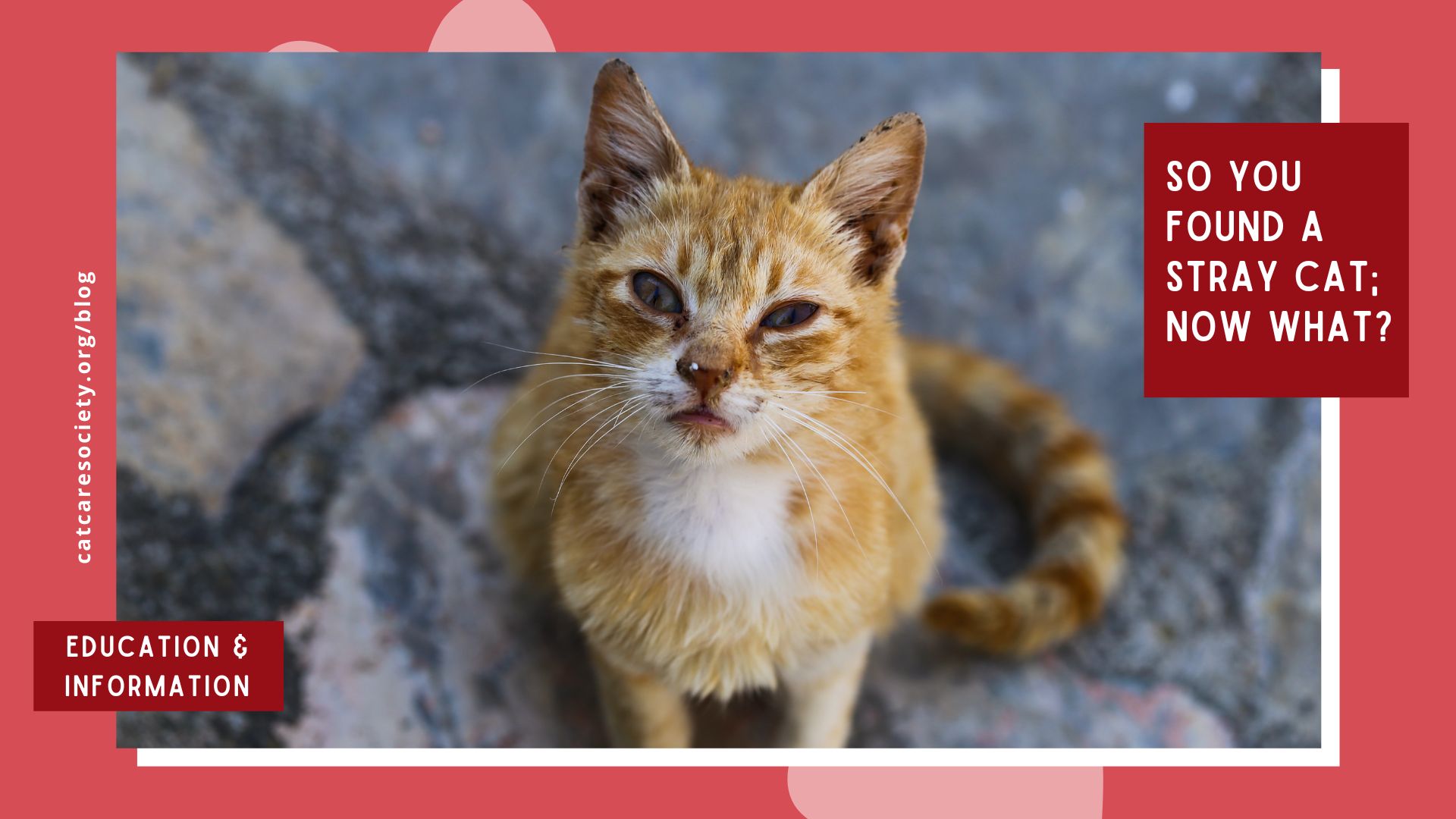By Amanda Huggett and Jillian Rosile, junior board members
Many families looking to adopt a new cat often pick young, healthy companions. While some may worry about the cost, time commitment, or prognosis of a cat with a chronic health condition, we’re here to tell you to think twice. Cat Care Society’s diabetic cats are often in our care the longest and can be the hardest to adopt out.
While these cats can be just as sweet and cuddly as any other cat, we don’t want to sugarcoat it: Diabetic cats do need daily care, but managing it is probably easier than you think. Danielle Swain, CCS’ adoption assistant manager, says it’s one of the easier conditions to care for! “As long as you can handle a needle, you can handle a diabetic cat,” she says.
Generally, with vet care following AAHA guidelines and a caregiver willing to test glucose at home, it is no more costly or difficult than managing any other condition that requires daily medication. While treatment plans vary depending on the severity of symptoms at diagnosis, age, lab values and concurrent conditions, typically the cat will need an appropriate low-carb canned food diet given at set times, glucose tests and insulin injections. Doses are adjusted up or down depending on values reported to the vet. In the long run, many cats go into diet-controlled remission, but for those who don’t, once they reach the right dose, it quickly becomes routine, often taking no more than 10 minutes per day.
If you already have a cat and suspect they may be developing diabetes, watch for weight loss, ravenous appetite or loss of appetite, increased drinking and urinating, and weakness in the hind legs. These are typically the first symptoms of diabetes mellitus in cats. However, it can’t be diagnosed on symptoms alone. Many cats with hyperthyroidism, chronic kidney disease or even a particularly rampant UTI can have similar symptoms. It’s important to get a full senior blood and urine panel, including a thyroid panel, done at the time of diagnosis, along with a fructosamine test to confirm diabetes if their blood glucose is elevated. The latter will help determine if it’s truly diabetes versus a spike in blood glucose due to stress, infection, or pain.
There is actually a hidden benefit to doing regular glucose tests at home, too. High numbers can be an early warning sign that something else is going on before symptoms show up. If you see a spike in their numbers, take a trip to the vet; it could be a sneaky UTI or toothache that the cat is hiding!
One other thing to be aware of is that some other conditions are more common in diabetic cats, including pancreatitis, exocrine pancreatic insufficiency, and chronic kidney disease, so it’s helpful to learn about these to be on the lookout for symptoms. Additionally, some cats may be diagnosed with diabetes and not responsive to insulin until it gets to extremely high doses; often these cats have insulin resistance or one of several rare endocrine disorders including feline acromegaly. These have varying treatment options including long-term high insulin dosing. If your cat’s doses are getting higher without getting into target glucose ranges, be sure to ask your vet about testing for these other conditions.
Diabetic cats can live healthy, happy lives for years after diagnosis. Come see us at the shelter to visit some of the current diabetic cats up for adoption!






